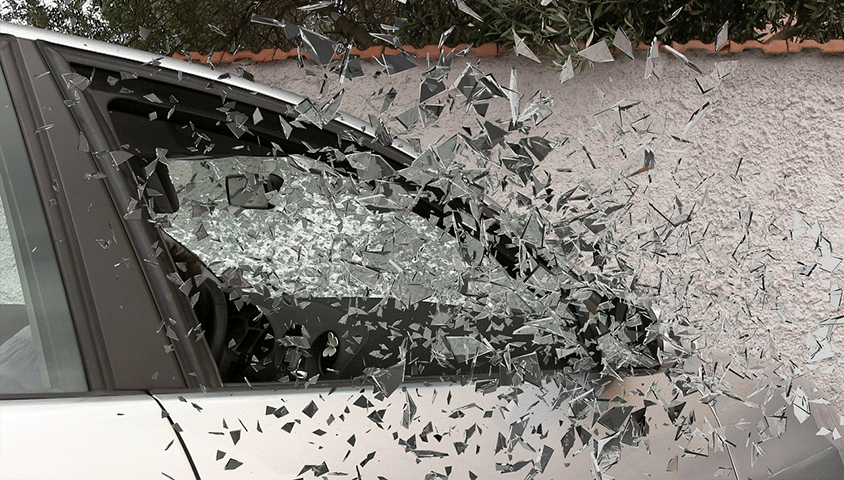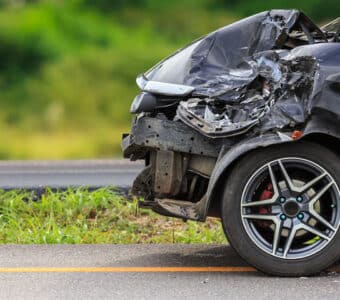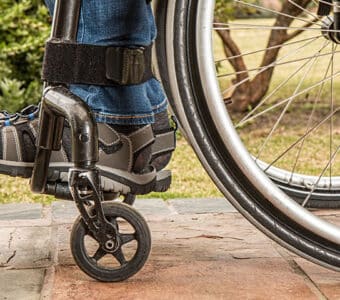
Who Pays Medical Bills After a Car Accident?
If you have been injured in a car accident, one of your top concerns is likely who will pay for your medical bills. Will your auto insurance policy limits cover all of your medical expenses? What about your health insurance? And what happens if the other driver was at fault – are they responsible for paying for your treatment?
Questions like these are incredibly common after a car accident. Medical bills related to a car accident can quickly mount, especially if you require ongoing care, therapy, or surgery. At The Embry Law Firm, we know that these questions weigh heavily on you and your family. That is why we make every effort to provide helpful and useful information. In this post, we address the question of who pays for medical bills after a car accident.
Who Pays Medical Bills After a Car Accident
There are a few factors that can impact who pays for medical bills after a car accident. The most relevant factor is who is at fault. Who is at fault may determine whether insurance companies will pay, and how much. Some states are considered “no fault” states, which means that your auto insurance will pay for your medical bills regardless of who was at fault. Other states require a more thorough investigation.
Georgia is considered an “at-fault” state, which means that in order for the other party’s insurance to pay for your medical bills, you must prove that he or she was at fault. Georgia also uses what is called the “modified comparative fault” rule, which means that you must also prove that you were less than 50 percent at-fault for the accident.
Fault in Car Accident Cases
To help better understand how important fault is in car accident cases, consider the following:
If you are at fault:
If you are at fault for the accident, then you would be responsible for paying for your own medical bills. On your auto insurance policy, you will have liability coverage, and many people choose to opt in to medical coverage. If you are at fault for the accident, then your insurance will pay for your medical bills based on their coverage and policy limits. If your medical bills mount to more than your insurance covers, then you may be required to pay out-of-pocket.
If someone else is at fault:
If someone else is at fault for the accident, then your medical bills may be paid by one or more of the following:
- Your insurance policy
- The at-fault parties insurance policy
- A personal injury claim
Regardless of who is at fault, you must always contact your insurance company to file a claim. The other parties involved in the accident will do the same. Before any payments are made or settlements are offered, the insurance company will investigate the accident and determine who was at fault.
It is important to know that insurance companies often will not pay for your medical bills as you incur them. Instead, they wait until you are released from treatment, and then will pay based on the total of the expenses incurred.
What About Personal Injury Claims
If the other driver was at fault for the accident and you believe that you can prove it, then you may want to consider filing a personal injury claim. A personal injury claim is separate from any insurance claims, and can help cover your expenses and medical bills that insurance will not cover. Personal injury claims can also provide compensation for more than just property damage or medical bills.
With a personal injury claim, you may be able to obtain compensation for your past, present, and anticipated medical bills, as well as mental anguish or pain and suffering. Car accidents are traumatic, and the financial toll is often far greater than the immediate medical bills you may receive.
The best way to find out what options you have to get your medical bills paid for is to contact The Embry Law Firm. Let our auto accident attorney help you sort through your case and find the best options possible to maximize your recovery.



